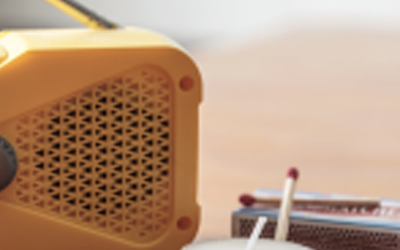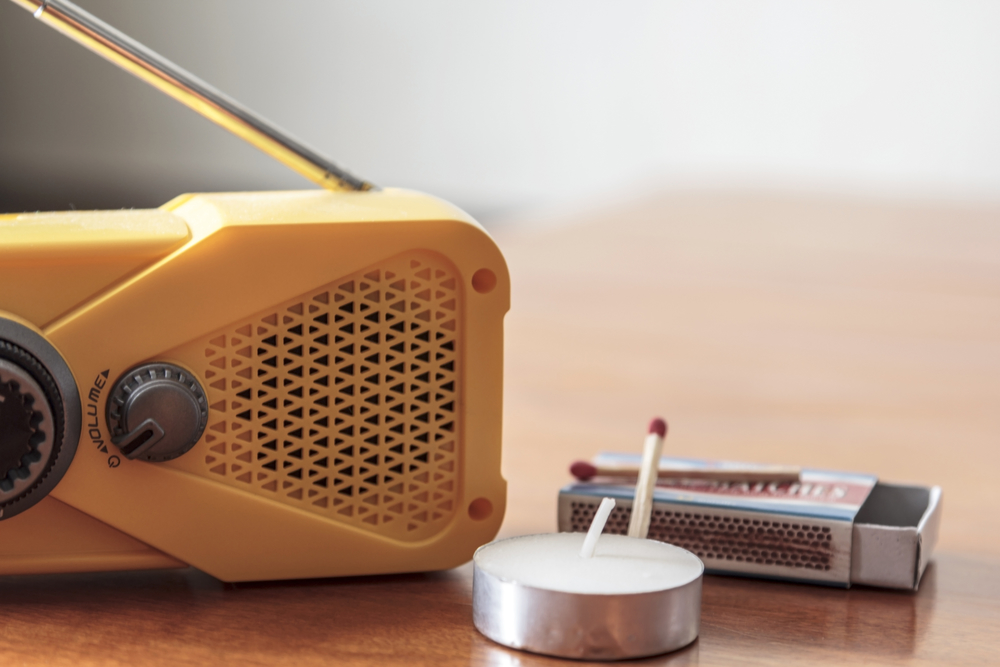
Heat and air, a cold freezer and refrigerator, and the ability to charge and use electronics are some of the most important things that power provides to many people, even if none of those things are the most important reasons to have power. A power outage can take all of that and more from you, and many people consider those things devastating. Without power, your perishable food items go bad. Without power, you lose the ability to keep your medications cool, and even the ability to keep an ill family member healthy without heat, air, or the ability to use oxygen machines.
An outage can occur at any time, and most people never go more than a few hours without. There is no reason most power companies cannot have power restored quickly and efficiently in many situations, but sometimes it’s not possible. It is rare, but a power outage can sometimes last for days or even weeks depending on the circumstances surrounding the outage. Here’s what you need to know about power outages, how to handle them, and what you should know to keep your family safe and alive when the power is out.
WHAT CAUSES POWER OUTAGES?
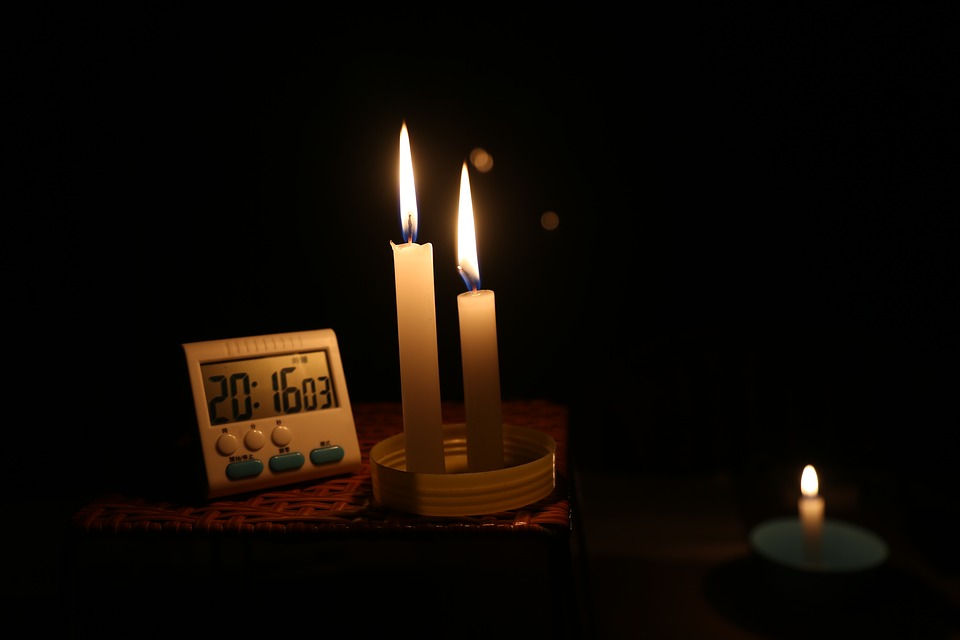
Believe it or not, there are many things can cause an outage which you may never have considered. From a car accident to a storm or even a small animal, anything can cause your power to go out. Here are some of the most common reasons for outage situations:
- Storms
- Vehicle accidents
- Animals
- Lightning strikes
- Excavation digging
- Trees
- Natural disasters
- High power demand
Some of these are self-explanatory, and some require more information. Any storm can knock out power depending on the situation. For example, a common summer storm that lasts only a few moments can knock a large branch off a tree and onto a power line. A car accident that involves a power pole can cause an outage. An animal that chews on, sits on or otherwise damages a power line can cause an outage. Natural disasters such as fires and earthquakes are common causes of power loss. When people are digging to do excavation work, they might hit a power line resulting in an outage.
Another time an outage can occur is when local power demand is high. This is most common in extreme heat waves and cold fronts when power lines cannot keep up with the demand to cool houses. Transformers and other equipment used to provide power to homes can become overwhelmed and blow.
WHAT TO DO IN A POWER OUTAGE
An outage can occur spontaneously, leaving no time to prepare for the situation. However, it’s helpful to realize that most sudden and unexpected power outages are easily repaired. If your power goes out unexpectedly, call your power company to report the outage. You might be the only person who calls, and it can be turned back on faster if you report it.
If you live in an area that puts you at high risk for a power outage or if you’d rather be safe than sorry, continue reading to better prepare for a potential long-term power outage.
BEFORE
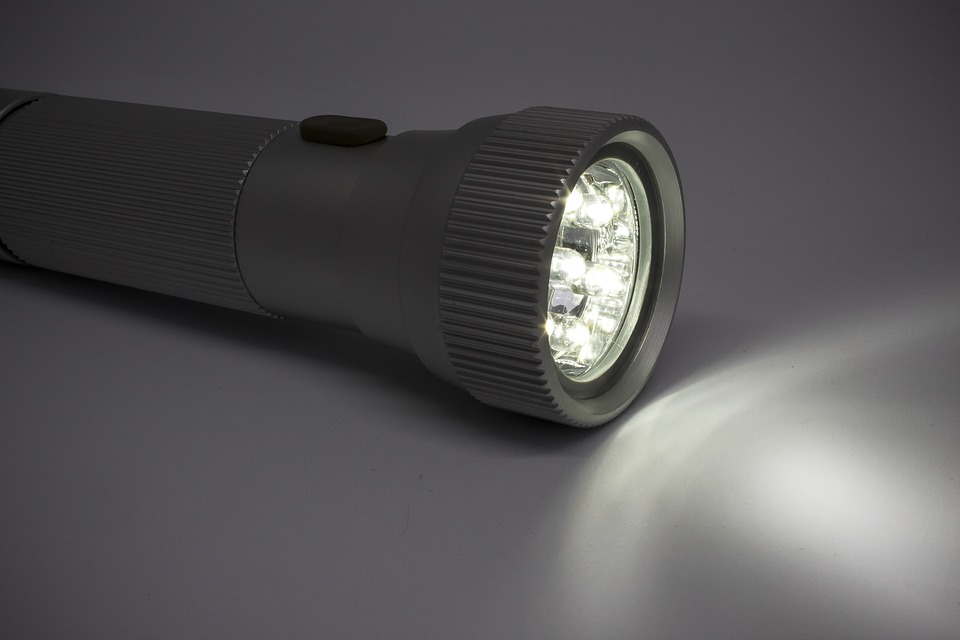
If you know there is a major storm such as a blizzard, hurricane, or tropical storm headed your way, you know you might lose power for several days to weeks. Preparing now is the best way to handle a power outage that lasts longer than a few hours. Start with the following tasks:
- Buy ice and fill coolers
- Fill tubs, sinks, and buckets with fresh water
- Buy batteries
- Buy flashlights
- Buy non-perishable food items
- Buy a battery-powered radio
- Charge all your electronics
- Buy gas
- Talk to your doctor about storing medications during a power outage
If you plan on evacuating during a major storm, freeze a cup of water in the freezer. Place a coin on top of the frozen water. If you return home to power but the coin is at the bottom of the cup, you know the power was out long enough to fully melt a cup of water before it came back on. Your food is no longer safe to eat as it’s been completely thawed and re-frozen.
DURING
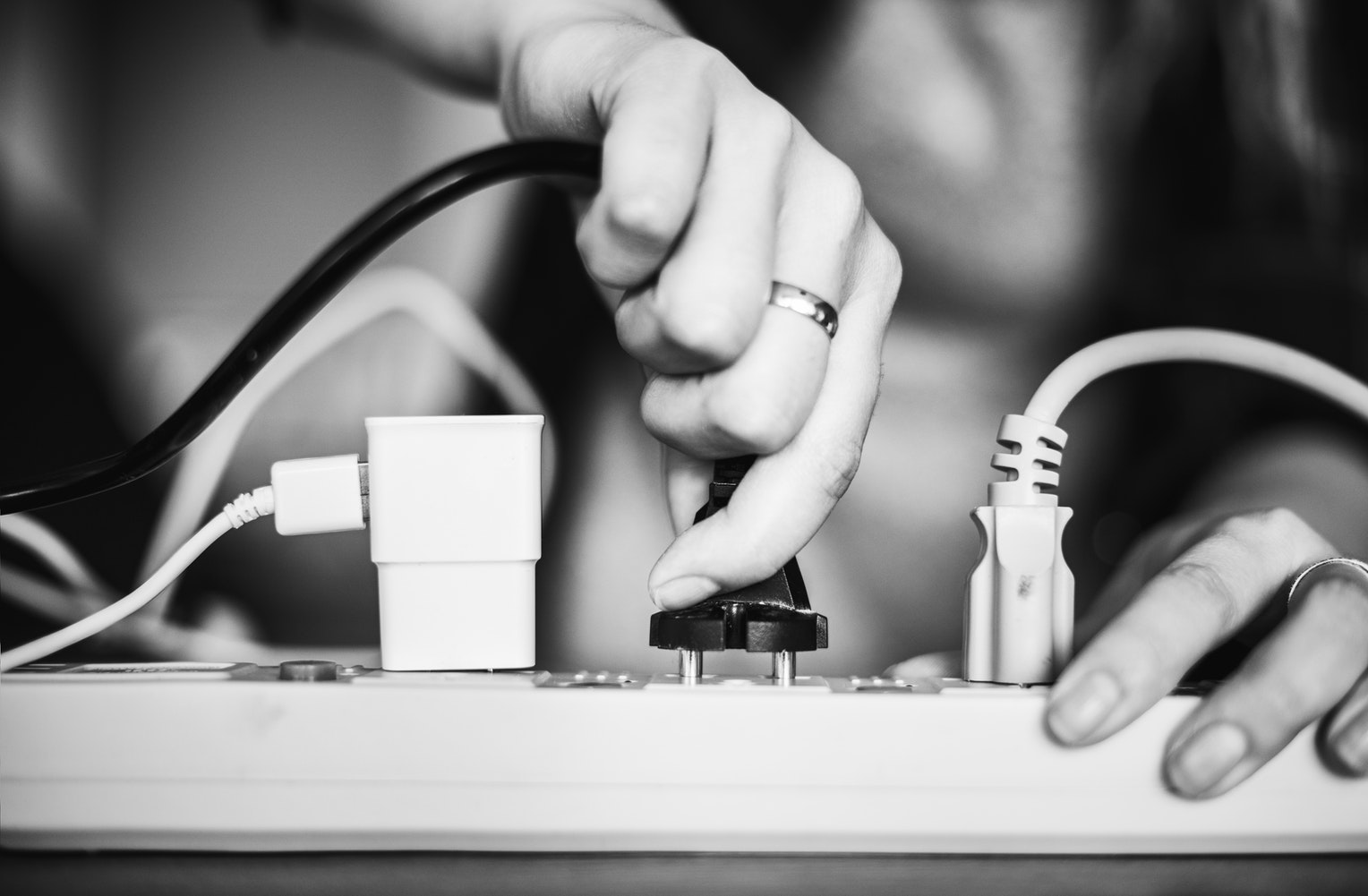
Once your power is out, it’s too late to prepare. However, there are a few things you can do to survive without power longer and more efficiently:
- Leave the fridge and freezer doors closed and only open them during emergencies
- Do not use generators or gas stoves inside the house or garage
- Seek alternative shelter in extreme heat and cold
- Turn off appliances and unplug electronics
Opening and closing your fridge and freezer causes it to warm faster. You can keep a fully stocked freezer cold for approximately 48 hours and save all the frozen items inside it if you do not open the doors during a power outage.
AFTER

When the power outage is over and your life returns to normal, you must be very careful of certain things. For one, throw away anything that needs to be kept refrigerated or frozen if it has an odor to it. If it has spoiled during the outage and you consume it, you can become very ill.
If you have medication that requires refrigeration, but the power has been out for over 24 hours, throw it away and call your doctor for a refill. You cannot use it safely if it’s been without cold air for this long, and your health is not worth risking to save a couple of minutes calling your doctor.
The other simple tip you should realize after a power outage has to do with your HVAC. If it’s not working when the power comes back on, do not panic. Some systems require a simple reset to work again after a power outage. Turn it off for a few minutes and then turn it back on after the power is restored.
SAFETY
The other very important thing you must remember, whether your power is out for five minutes or five days, is that sometimes there are hidden dangers associated with this kind of power outage. If you are involved in a natural disaster such as a hurricane or flood, you must realize there are probably power lines down everywhere. You must be careful. Please follow the following safety tips if you find yourself in such a situation:
- Turn off power at the source
- Do not turn the power on in a flooded home
- Do not stand in flood waters
- Plug nothing in when there is standing water or flood water
These natural disasters affect not only you; they affect everyone around you, and you could be in danger if you do not know how to navigate these situations. Driving in flood water comes with a long list of dangers, but live and active power lines in the water can cause death.
Seek Shelter for Special Needs
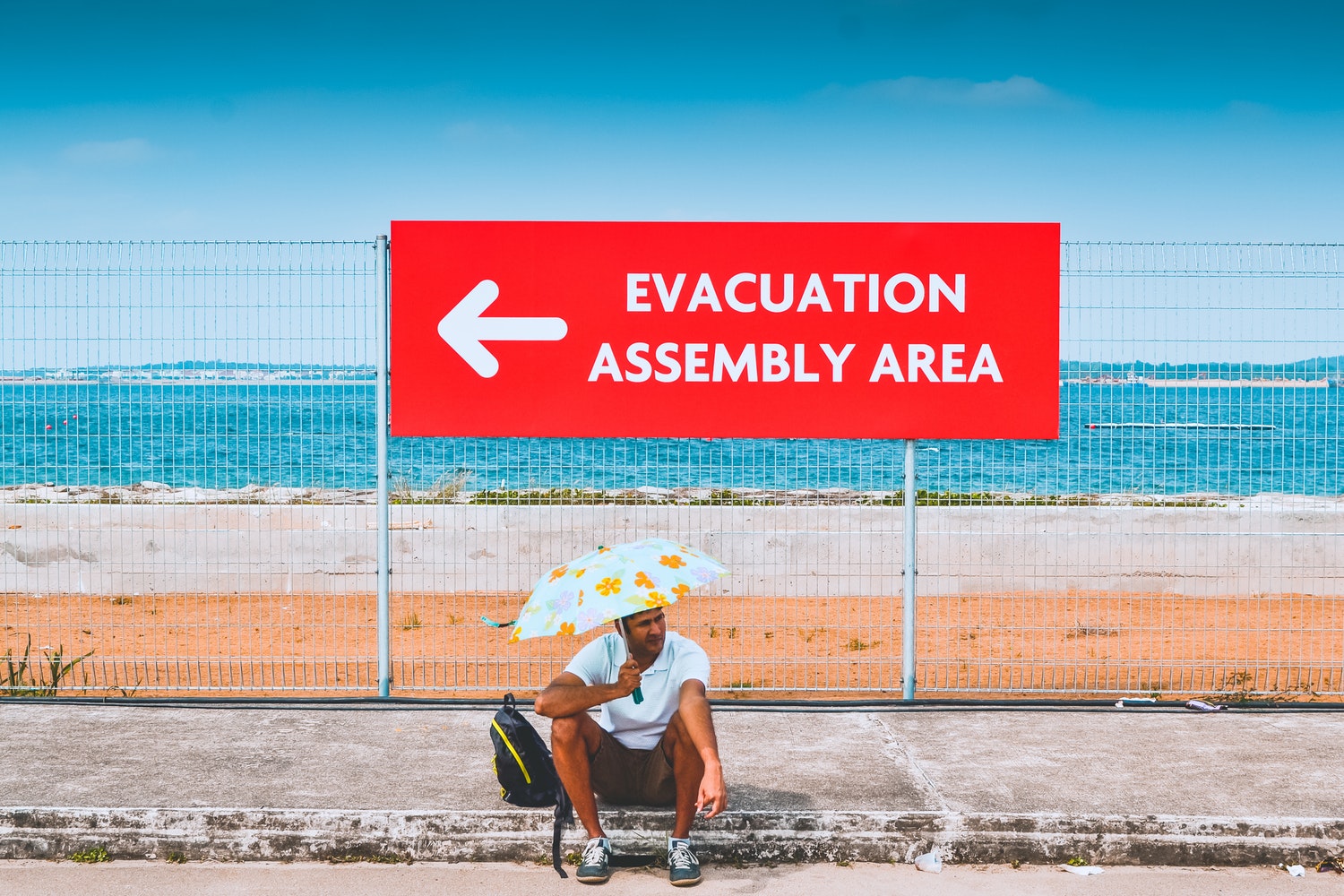
If your power is in question, you must seek shelter if you have any special needs. It’s not worth risking your life to stay home during a storm you know is coming. People with special needs might include anyone who has a lot of medication that requires refrigeration or anyone who uses medical equipment that requires power.
Avoid Shock and Electrocution
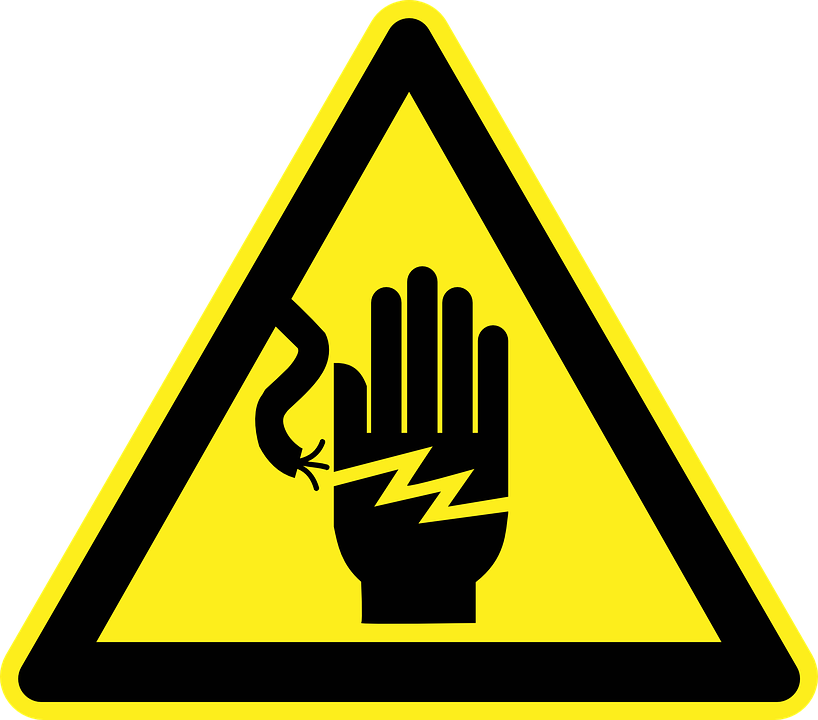
Do not operate a generator or other power item inside your home or garage during a storm. You should also avoid operating these items if it’s wet or raining. Do not touch any wires, do not play with the power yourself, and plug nothing in at all. It’s not uncommon for people to die when they are trying to do their own electrical work during a power outage emergency.
When in Doubt, Just Don’t

If you aren’t sure how to do something when there is a power outage or you aren’t sure something is safe, assume it is not safe and don’t do it. It’s always better to play it safe. If you have questions about something, call the non-emergency line your county, city, or town provides to get professional help and find out what to do next.
Get Out
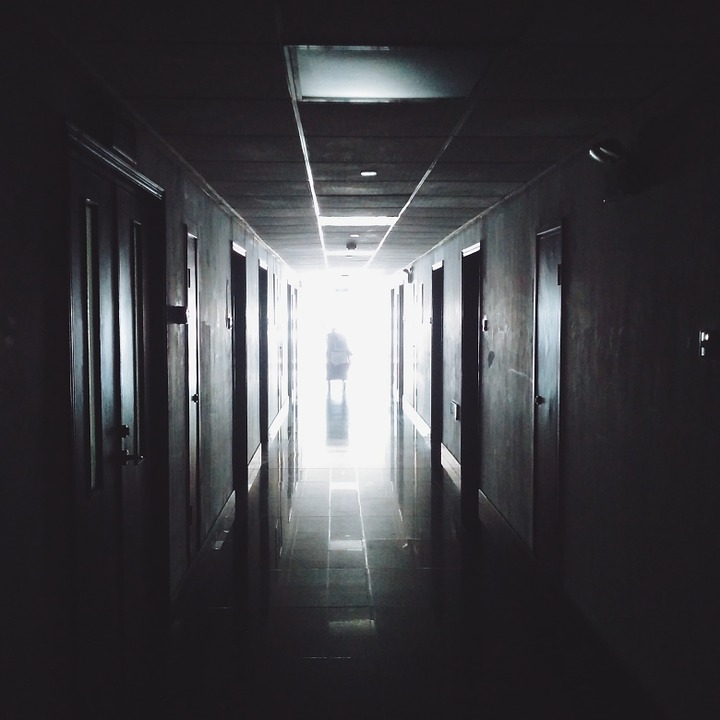
The most effective way to stay safe before, during, and after a power outage is simply to get out and get to safety. If you have adequate warning that there might be a prolonged power outage due to a natural disaster headed your way, heed the warnings and get out of the way. You cannot be replaced, but your food, home, and material possessions can be. Not to mention, with a natural disaster, there is really nothing you can do that will prevent whatever significant damage the impending storm has in mind. There is no point in sticking around and risking your life.
Conclusion
Not every power outage is a major problem that lasts long enough to affect your life negatively. It’s always best to have an emergency kit on hand for those unexpected power outages. It is of utmost importance you heed warnings when the potential for a catastrophic event exists. These tips can save your life when you have no power and your family is in harm’s way, so remember them and use them the next time you find yourself in the dark.

